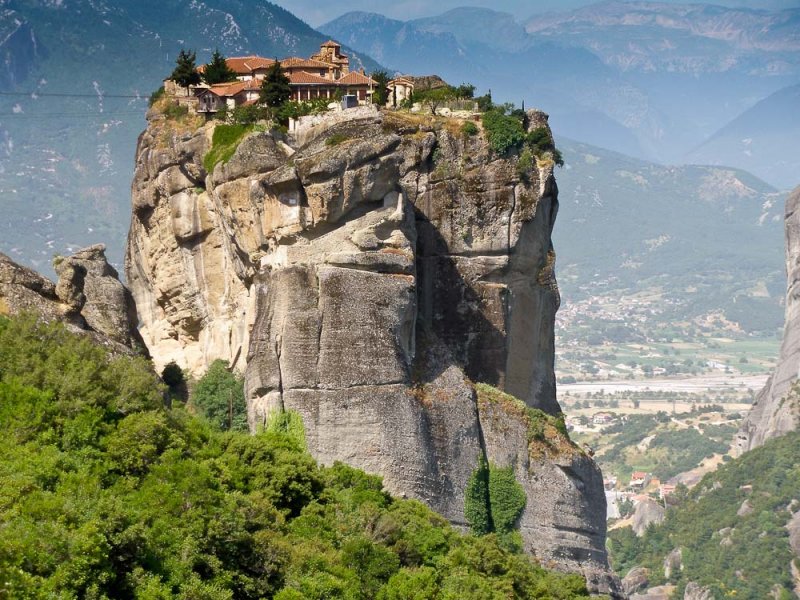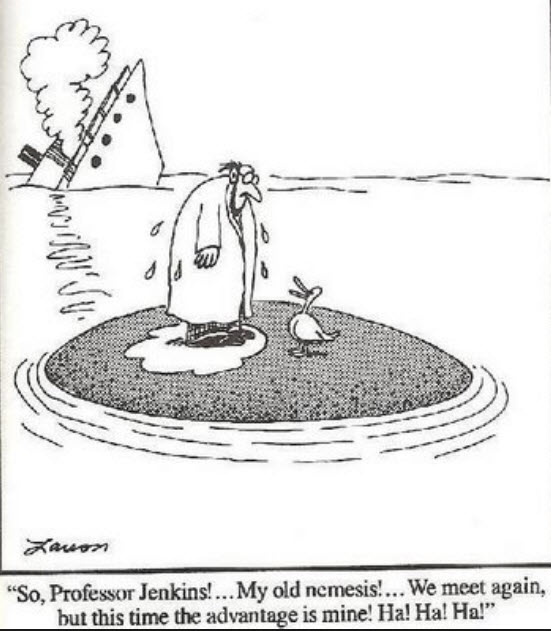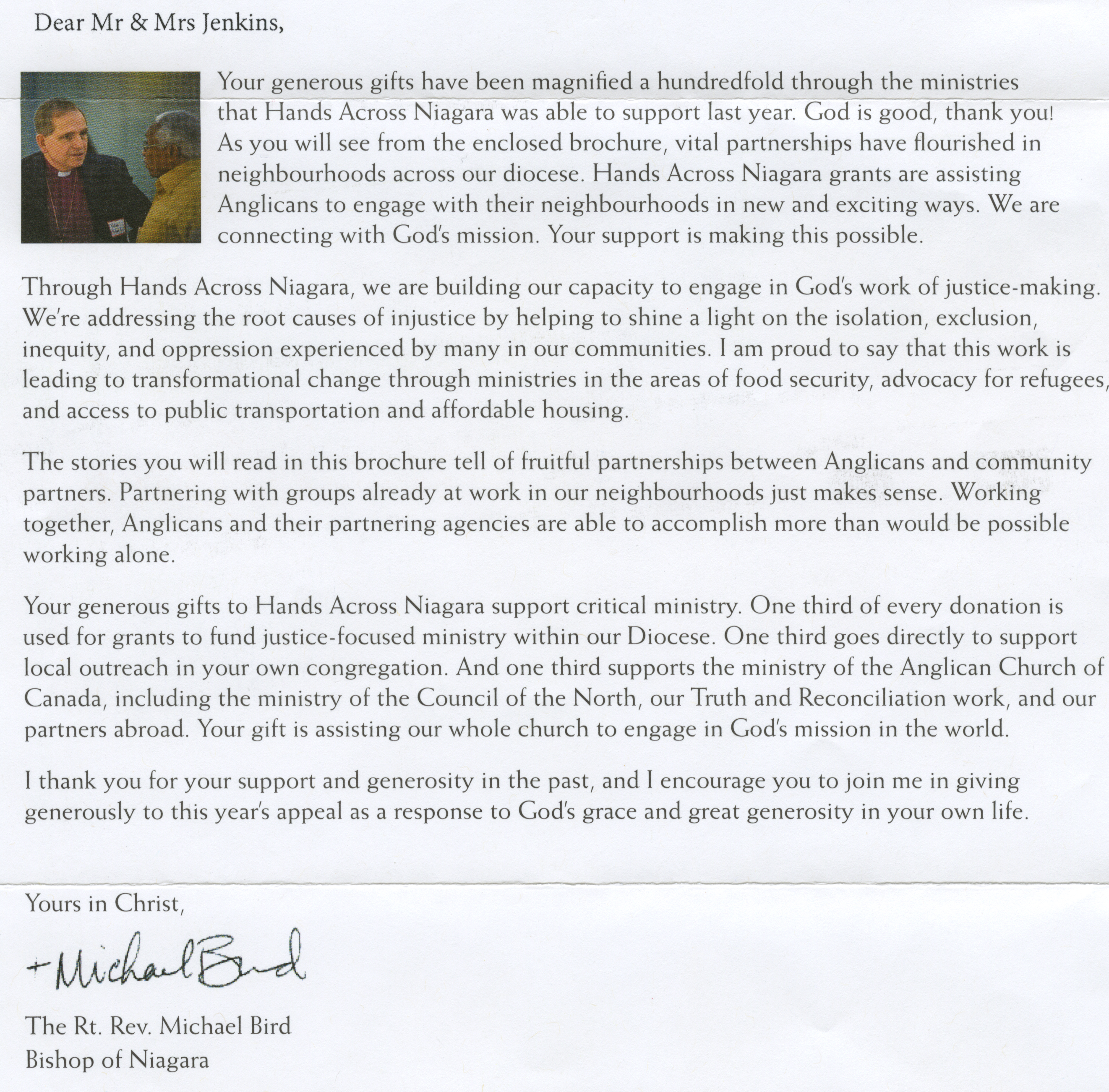In spite of assurances given during the 2010 Anglican General Synod that the ACoC was not approving the local option (each diocese decides for itself) for the blessing of same-sex unions, many dioceses have done just that. The latest to do so is the Diocese of Rupert’s Land.
Here (page 5), you will find a regurgitation of the, by now, familiar litany explaining why the diocese feels compelled to do something that 60 million Anglicans believe they should not do. The Diocese has prepared a “protocol”:
The Bishop and clergy of Rupert’s Land have completed preparation of a protocol for the pastoral practice of blessing same-sex unions. The protocol says why same-sex unions may be blessed in Rupert’s Land parishes and how this should be done.
The “protocol” is quick to point out that:
Different Anglicans and different parishes hold different convictions on this point, arising from differing interpretations of scripture and tradition.
It omits to mention that the number of Anglicans – or, indeed, Christians – worldwide that agree with the diocese’s interpretation is miniscule.
“Diversity” is honoured – probably because conservatives contribute most of the money and, for that reason, the diocese can’t afford to chase them out – much as it might secretly want to:
Diversity of views is honoured and appreciated. Congregations and individuals are called to show pastoral generosity to one another. No cleric and no parish is required to participate in same-sex blessing.
Clergy opposed to blessing same sex couples will have to refer them to the bishop who will then refer them to clergy who have seen the light and are not opposed. So recalcitrant clergy might just as well get with the program since it’s going to happen anyway:
Clergy opposed to same-sex blessing should refer couples to the bishop.
Let’s be clear, though, that this is not a “marriage”, even though it bears an uncanny resemblance to one:
In order to be clearly distinguished from a marriage liturgy, the rite of blessing for a same-sex union will not include an exchange of legal consents, an opportunity for objections, a declaration of union, a rite of civil marriage, a signing of the parish marriage register or a nuptial blessing.
Repeat after me: “this is not a marriage.”


 A few years ago, I visited the monasteries of Meteora in Greece. The Great Meteoron monastery is the largest and oldest and was established around 1340 by St. Athanasios Meteorites.
A few years ago, I visited the monasteries of Meteora in Greece. The Great Meteoron monastery is the largest and oldest and was established around 1340 by St. Athanasios Meteorites.
